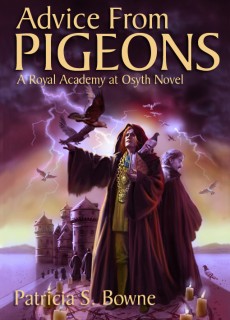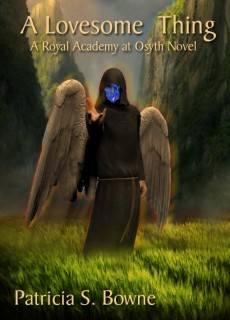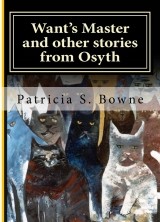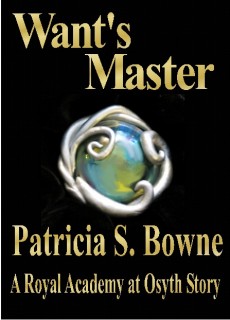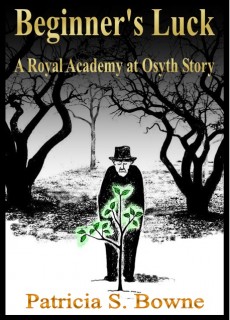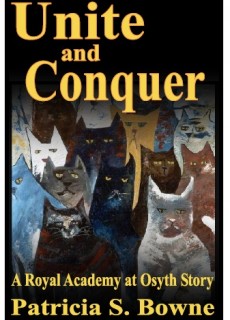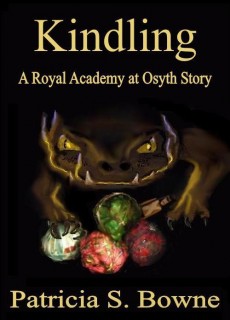So, it’s been the talk of my corner of the twitterverse ever since it happened — the author who got into it with a blogger who wrote a negative review. It’s a great story to blog about, because the moral and the audience are both easy to see.
But something caught my interest when I was reading the comments on Catherine Ryan Hyde’s post. It was one of her comments, in fact, about people feeling ‘hidden’ on the internet, and thus misbehaving.
Anonymity doesn’t really apply to the current case; from what I remember, the author had posted under her own name complaining about a review of her own book. But even setting that aside, and setting aside that nobody over the age of six should still think they’re hidden on the internet, I suddenly wondered as I read it why authors, of all people, should feel hidden when we comment on the internet. It’s so much less hidden than what we normally do!
I may reveal things about myself in a book, but I will have attached them to a character of a different sex, race, or species. I’ll put them in the mouths of cats or demons, or in the minds of old men and faithful wives — people nothing like me. I’m not the only writer who worries that attributing my opinions to a three-eared blue demon on two pages of an obscure genre novel might make them too obvious to the world, so why on earth would I have any feeling of anonymity when I post on the internet?
I’m not going to cut an author who can’t take criticism any slack, as my previous post on the topic probably made clear. But I think when authors misbehave on the internet there can be a lot more going on than a presumption of anonymity. In fact, I think it might be just the opposite.
When I send manuscripts to publishers, the sheer technical BS involved can make it feel more like office work than like submitting myself for judgment. That insulates me a little bit from the publishers’ opinions. Plenty of writing gurus, in fact, advise us to do things that reinforce this ‘office-work’ illusion — have the envelope for the next publisher already addressed before making the first submission, etc. Be efficient. Be a submitting machine — format, print, copy, box, stamp, mail, repeat. Rejection hurts less when you just work here in the office.
On the internet, though, we’re being ourselves in what feels like a social space rather than a professional one. I loved Anne R. Allen’s post about how these platforms resemble the high-school lunchroom. I think I ate once in my high-school’s lunchroom, identified it as a soul-destroying anteroom of hell, and never went in again. But now as a writer, I’m back in it trying to publicize my books. I have to battle for every bit of attention I get in a world full of popular kids who don’t know I exist, even as I retweet their postings and link to their articles. It can start to feel personal in the way publishers’ rejections on letterhead never did.
It’s not surprising if people build up enough frustration to misbehave in such an environment, any more than it was surprising when the geeks and jocks threw rolls at one another. Except we’re supposed to be grownups now, and know better — better than to misbehave in hostile social environments, and better than to allow ourselves to be caught up in perpetuating them.
How can we all do better?

